The US presidential campaign is under way and to help voters see past the rhetoric, Stefan Schubert has used a tool developed by ClearerThinking.org to highlight fallacious reasoning and factual inaccuracies in the debates.
This post was originally published on the Huffington Post’s blog.
Debating season is in full swing, and as per usual the presidential candidates are playing fast and loose with the truth. Fact-checking sites such as PolitiFact and FactCheck.org have had plenty of easy targets in the debates so far. For instance, in the CNN Republican debate on 16 September, Fiorina made several dubious claims about the Planned Parenthood video, as did Cruz about the Iran agreement. Similarly, in the CNN Democratic debate on 13 October, Sanders falsely claimed that the U.S. has “more wealth and income inequality than any other country”, whereas Chafee fudged the data on his Rhode Island record. No doubt we are going to see more of that in the rest of the presidential campaign. The fact-checkers won’t need to worry about finding easy targets.
Research shows that fact-checking actually does make a difference. Incredible as it may seem, the candidates would probably have been even more careless with the truth if it weren’t for the fact-checkers. To some extent, fact-checkers are a deterrent to politicians inclined to stretch the truth.
At the same time, the fact that falsehoods and misrepresentations of the truth are still so common shows that this deterrence effect is not particularly strong. This raises the question how we can make it stronger. Is there a way to improve on PolitiFact‘s and FactCheck.org‘s model – Fact-Checking 2.0, if you will?
Spencer Greenberg of ClearerThinking and I have developed a tool which we hope could play that role. Greenberg has created an application to embed videos of recorded debates and then add subtitles to them. In these subtitles, I point out falsehoods and misrepresentations of the truth at the moment when the candidates make them. For instance, when Fiorina says about the Planned Parenthood video that there is “a fully formed fetus on the table, its heart beating, its legs kicking, while someone says we have to keep it alive to harvest its brain”, I write in the subtitles:
We think that reading that a candidate’s statement is false just as it is made could have quite a striking effect. It could trigger more visceral feelings among the viewers than standard fact-checking, which is published in separate articles. To over and over again read in the subtitles that what you’re being told simply isn’t true should outrage anyone who finds truth-telling an important quality.
Another salient feature of our subtitles is that we go beyond standard fact-checking. There are many other ways of misleading the audience besides playing fast and loose with the truth, such as evasions, ad hominem-attacks and other logical fallacies. Many of these are hard to spot for the viewers. We must therefore go beyond fact-checking and also do argument-checking, as we call it. If fact-checking grew more effective, and misrepresenting the truth less viable a strategy, politicians presumably would more frequently resort to Plan B: evading questions where they don’t want the readers to know the truth. To stop that, we need careful argument-checking in addition to fact-checking.
So far, I’ve annotated the entire CNN Republican Debate, a 12 minute video from the CNN Democratic Debate (more annotations of this debate will come) and nine short clips (1-3 minutes) from the Fox News Republican Debate (August 6). My aim is to be as complete as possible, and I think that I’ve captured an overwhelming majority of the factual errors, evasions, and fallacies in the clips. The videos can be found on ClearerThinking as well as below.

The CNN Republican debate, subtitled in full.
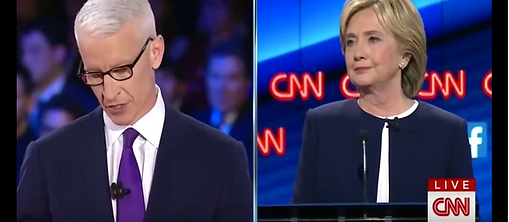
The first 12 minutes of the CNN Democratic debate.
Nine short clips from the Fox News Debate: Christie and Paul, Bush, Carson, Cruz, Huckabee, Kasich, Rubio, Trump, Walker.
What is perhaps most striking is the sheer number of falsehoods, evasions and fallacies the candidates make. The 2hr 55 min long CNN Republican debate contains 273 fact-checking and argument-checking comments (many of which refer to various fact-checking sites). In total, 27 % of the video is subtitled. Similar numbers hold for the other videos.
Conventional wisdom has it that politicians lie and deceive on a massive scale. My analyses prove conventional wisdom right. The candidates use all sorts of trickery to put themselves in a better light and smear their opponents.
All of this trickery is severely problematic from several perspectives. Firstly, it is likely to undermine the voters’ confidence in the political system. This is especially true for voters on the losing side. Why be loyal to a government which has gained power by misleading the electorate? No doubt many voters do think in those terms, more or less explicitly.
It is also likely to damage the image of democracy. The American presidential election is followed all over the world by millions if not billions of people. Many of them live in countries where democracy activists are struggling to amass support against authoritarian regimes. It hardly helps them that the election debates in the U.S. and other democratic countries look like this.
All of these deceptive arguments and claims also make it harder for voters to make informed decisions. Televised debates are supposed to help voters to get a better view of the candidates’ policies and track-records, but how could they, if they can’t trust what is being said? This is perhaps the most serious consequence of poor debates, since it is likely to lead to poorer decisions on the part of the voters, which in turn will lead to poorer political leadership and poorer policies.
Besides functioning as a more effective lie deterrent to the candidates, improved fact-checking could also nudge the networks to adjust the set-up of the debates. The way the networks lead the debates today hardly encourages serious and rational argumentation. To the contrary, they often positively goad the candidates against each other. Improved fact-checking could make it more salient to the viewers how poor the debates are, and induce them to demand a better debate set-up. The networks need to come up with a format which incentivizes the candidates to argue fairly and truthfully, and which makes it clear who has not. For instance, they could broadcast the debate again the next day, with fact-checking and argument-checking subtitles.
Another means to improve the debates is further technological innovation. For example, there should be a video annotation equivalent to Genius.com, the web application which allows you to annotate text on any webpage in a convenient way. That would be very useful for fact-checking and argument-checking purposes.
Fact-checking could even become automatic, as Google CEO Eric Schmidt predicted it would be within five years in 2006. Though Schmidt was over-optimistic, Google algorithms are able to fact-check websites with a high degree of accuracy today, whilst Washington Post already has built a rudimentary automatic fact-checker.
But besides new software applications and better debating formats, we also need something else, namely a raised awareness among the public what a great problem politicians’ careless attitude to the truth is. They should ask themselves: are people inclined to mislead the voters really suited to shape the future of the world?
Politicians are normally held to high moral standards. Voters tend to take very strict views on other forms of dishonest behavior, such as cheating and tax evasion. Why, then, is it that they don’t take a stricter view on intellectual dishonesty? Besides being morally objectionable, intellectual dishonesty is likely to lead to poor decisions. Voters would therefore be wise to let intellectual honesty be an important criterion when they cast their vote. If they started doing that on a grand scale, that would do more to improve the level of political debate than anything else I can think of.
By Stefan Schubert
Thanks to Aislinn Pluta, Doug Moore, Janko Prester, Philip Thonemann, Stella Vallgårda and Staffan Holmberg for their contributions to the annotations.
Stefan Schubert is a Visitor at the Centre for Philosophy of Natural and Social Science (CPNSS). His current project is entitled “New Perspectives on Bayesian Coherence Theory”.
Read Stefan’s blog: Philosophical Scketches
Featured image: CC0 1.0



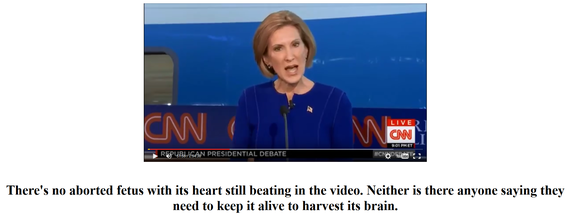


















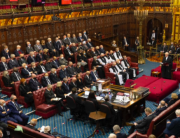


















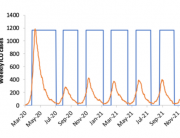

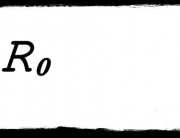

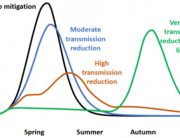




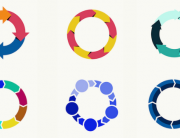














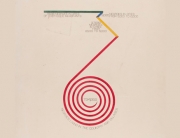






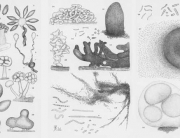





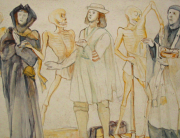




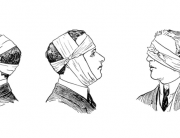
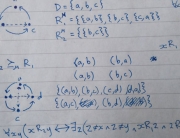
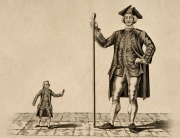







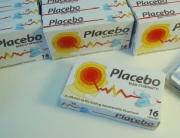
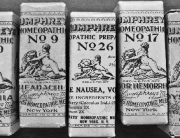

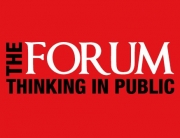




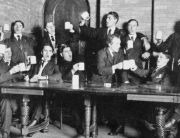







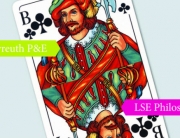

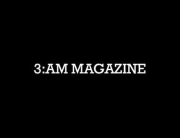
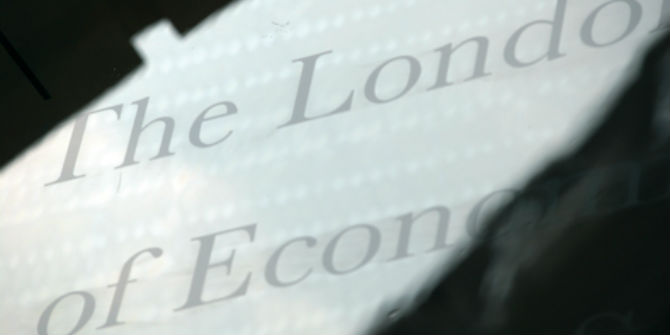





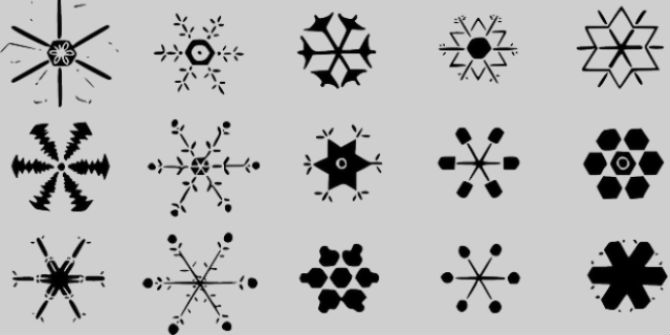
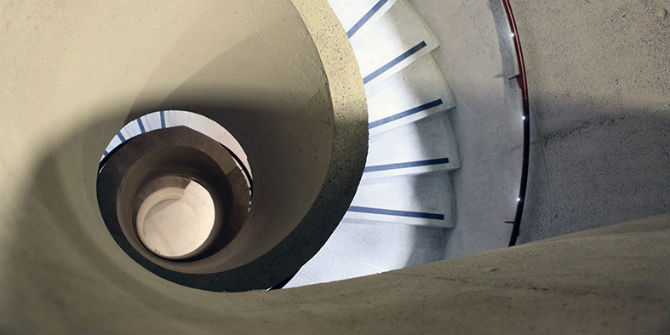
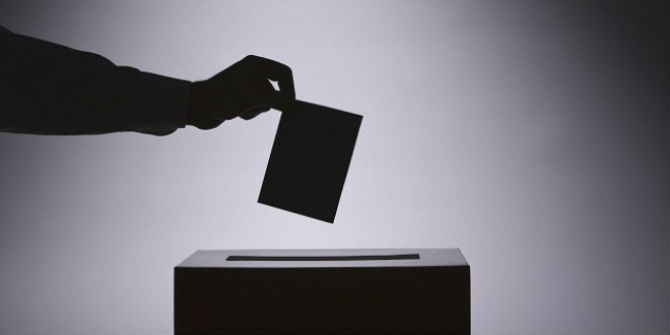
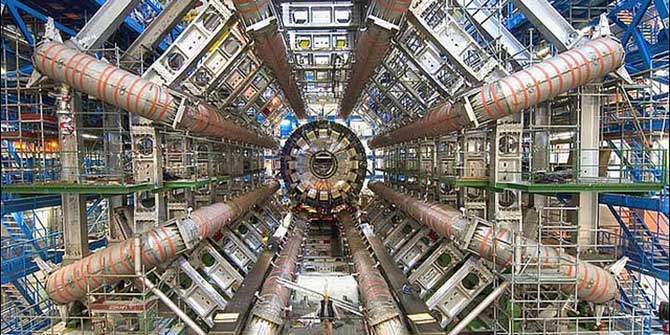

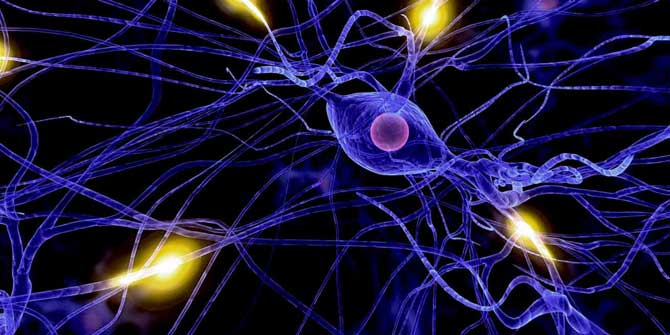

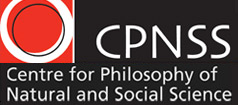
Why was the democratic debate removed from viewing? I want them.
And why am I the only person here commenting. This is improbable considering the importance of this tool.